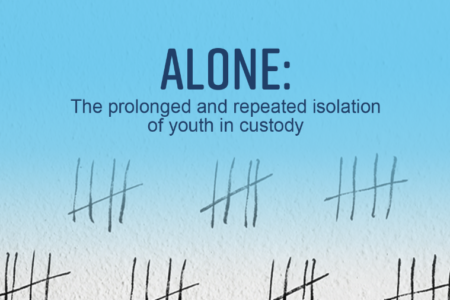City, RDCK set to partner on regional housing needs assessment report
A provincially-mandated housing needs assessment has brought the city and the regional district together to undertake a local look at where the housing situation sits in the central Kootenay.
The assessment is expected to provide a better understanding of what is lacking in housing in Nelson and across the region by identifying existing and projected gaps in the housing supply.
“As a participant in this regional housing needs assessment, the City of Nelson, in conjunction with other regional participants, will have a better understanding of what kinds of housing are most needed here and will provide regional context that can lead to a more equitable distribution of housing supports and services amongst participants,” wrote director of Development Services for the city, Pam Mierau, in her report to city council.
The Regional District of Central Kootenay has undertaken a regional housing needs assessment for its 11 member electoral areas and seven participating member municipalities, including Creston, Kaslo, Salmo, Nakusp, New Denver, Silverton and Slocan.
However, the city had originally declined to take part in the needs assessment because city council, at the time, had elected not to include a housing needs report completion in its Development Services work plan in its strategic priorities session.
Because the city did not enter into the original call for funding when the matter came up at the Regional District of Central Kootenay board of directors meeting — in which they received $150,000 — it had to either come up with the cash for the needs assessment or submit an application for the $20,000 on their own.
But the regional district had asked the city to contribute $17,500 toward its participation in the RDCK’s regional housing needs assessment.
“(W)hich is the anticipated additional costs associated with the expanded scope of work,” explained Mierau.
The money will be allocated from the city’s affordable housing reserve fund.
The housing needs assessment for the city has been a long time coming, and had been recommended by the city’s Nelson Housing Committee’s priority setting strategy.
In May the committee identified the need to update housing strategy documents as a high priority for the city.
The next month the committee passed a motion recommending the city retain a consultant to prepare a funding application to Union of BC Municipalities to cover the cost of an updated housing needs report.
The assessment — expected to be completed by August 2020 — will comprise the collection and analysis of each community’s “housing attributes” and interviews with people and agencies considered key to housing.
An analysis of current housing policies will occur with a list of recommendations on how to address housing and information gaps coming at the end of the report.
Provincial mandate
As of April the province has directed all municipal and regional governments to complete housing needs reports for their communities — to be finished in three years and every five years thereafter.
The Ministry of Municipal Affairs & Housing is providing $5 million of funding over three years to assist local governments in meeting this requirement. The funding is being administered by the Union of B.C. Municipalities.
Key objectives of the assessment:
- Better understand housing supply, demand and needs within the region across the housing continuum: emergency and transitional shelter, transitional housing, supportive housing, subsidized housing, rental housing (both primary and secondary market) and ownership housing (fee simple, strata ownership or shared equity ownership);
- assess current housing policy within the RDCK and participating member municipalities;
- identify housing gaps and make recommendations as to strategies and best management practices taken by other local governments to address housing gaps that may be applicable;
- identify opportunities, partnerships and funding in support of local and regional housing projects and initiatives;
- identify any additional factors that influence the supply, demand or provision of housing; and
- create performance measures or common housing indicators that can be used to measure progress over time.
— Source: City of Nelson


























